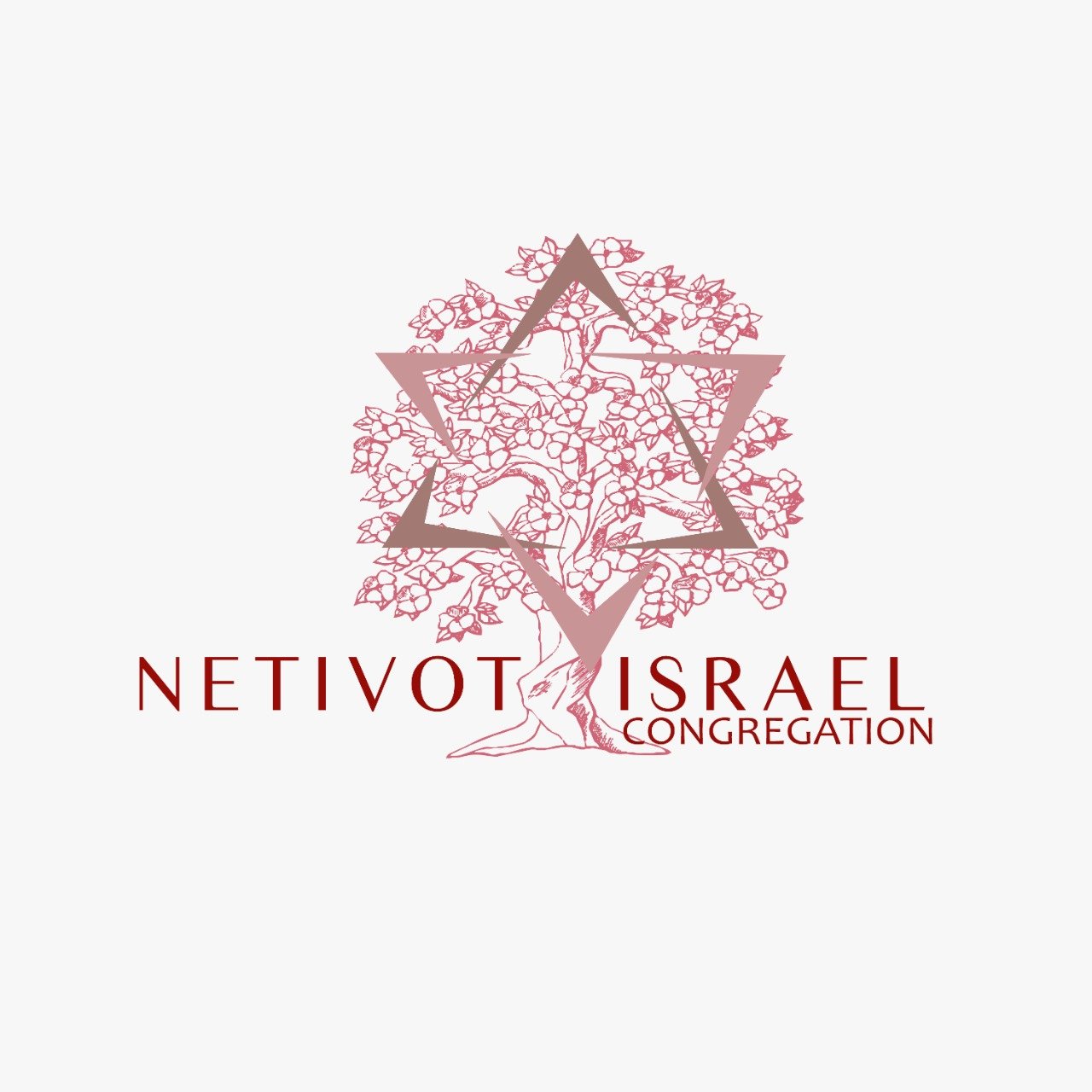Beha'alotecha
Aharon's Envy of the Nesi'im
The parasha opens with the instruction of lighting the Menorah in the Mishkan. Rashi quotes the Midrash Tanchuma that explains the juxtaposition of the korbanot of the nesi'im at the end of Parashat Naso, to the Menorah in the opening pesukim in this week's parasha and says that when Aharon Hakohen saw the korbanot that the nesi'im brought for the inauguration of the Mishkan he felt bad that he had not participated in this avoda and Hashem said to Aharon that his share is greater than that of the nesi'im, because Aharon merited lighting the Menorah.
The Ramban asks on this Tanchuma that it is in fact interesting that Aharon was envious of the nesi'im, since during the milu'im period Aharon did in fact offer up many korbanot himself, so why was he "jealous" of the nesi'im?
Why Should We Miss Out?
Later in our parasha the Torah relates that some individuals came to Moshe Rabbeinu and complained that they were not able to participate in the korban Pesach because they were tamei, and they asked Moshe "why should we miss out" on this mitzvah. Moshe listened to their claims and presented their arguments to Hashem, and these individuals received the opportunity of Pesach Sheni.
The Gemara in Succah (25a) discusses the identity of these individuals, and there are three opinions as to who they were: either those who carried the aron of Yosef, or Misha'el and Eltzafan (who had been instructed to deal with Nadav and Avihu after their petirah), or other individuals who had exposed themselves to the tumah of a meit mitzvah. The common denominator with all three opinions is that these individuals had a very good and legitimate reason why they could not participate in the korban Pesach – because they were tamei due to exposure to a meit. What exactly was their claim "why should we miss out"; they were not "missing out" but unable, due to a technicality, to participate in the korban Pesach? Moreover, the involvement in a meit mitzvah is also a mitzvah, and a mitzvah that has precedence over korban Pesach, so what exactly was their complaint about?
Experiencing Olam Habah in Olam Hazeh
The Gemara in Brachot (17a) relates that when the Chachamim would depart from the Beit Hamidrash they would wish each other "You should see your world during your life". What is the meaning of this bracha – surely "your world" refers to Olam Habah, and by definition this world of Olam Habah will occur only after Olam Hazeh?
We would like to suggest that the Chachamim were teaching us an important principle, that it is possible to experience and enjoy Olam Habah – while in this world of Olam Hazeh. In other words, it is possible to experience pure spiritual pleasure (which is the reward of Olam Habah) while in this world. This pleasure is pure and elevated, a sublime intellectual delight, that the privileged few can experience while learning Torah, davening an uplifting tefilla, or engaging in avodat Hashem. Those who are spiritually developed can savour every word of tefilla and can become so captivated by a sugya that they can forget everything around them.
This was the bracha of "seeing your world during your life", of experiencing the taste of Olam Habah already in this world. For these elite individuals, mitzvot are not a burden, or a chore, but a blissful experience that they look forward to with yearning.
The Real Cause of Envy
Returning to our parasha, Aharon Hakohen was "jealous" and "envious" of the nesi'im, because they offered korbanot and experienced great spiritual pleasure from their mitzvah which Aharon did not merit. True, he had other mitzvot, but for Aharon Hakohen each and every mitzvah was another opportunity of experiencing this spiritual pleasure and closeness to Hashem, and he felt that not participating in the korbanot of the nesi'im was a missed opportunity.
And regarding the individuals who were tamei and not able to participate in korban Pesach, it is true that they had a valid reason why they could not offer the korban Pesach, but their claim was that they were "missing out" on the spiritual opportunity that korban Pesach offered.
This spiritual pleasure that can be felt when performing a mitzvah and learning Torah is not the exclusive territory of a select few but is available to everyone. However, it is an "acquired taste", a sense that is developed after investing time and effort in performing a mitzvah and attempting to perform the mitzvah in the best possible way.
May we all reach this exalted level of "seeing your world during your life", of experiencing real spiritual pleasure while learning Torah and performing mitzvot.
Shabbat Shalom!
Rabbi Gad Bouskila

